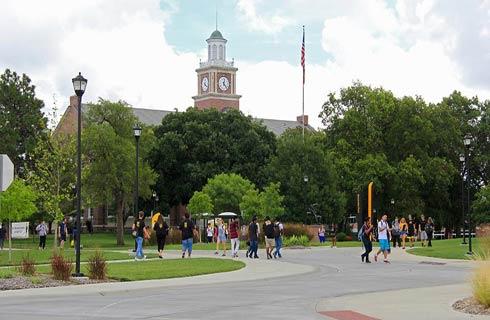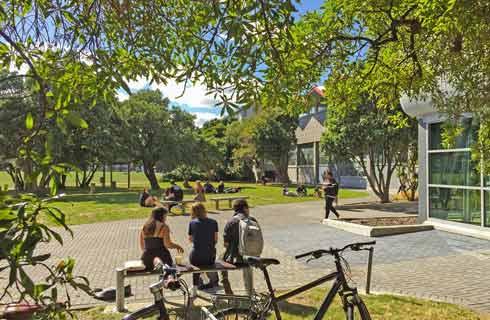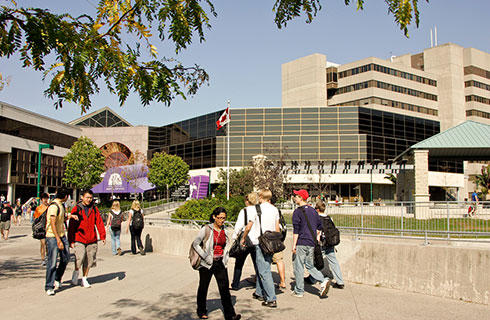- IDP China>
- 课程库>
- 自然科学>
- 自然资源与保护>
- 自然资源经济学>
- Bachelor of Arts in Urban Sustainability - Environmental Economics and Business Management
Bachelor of Arts in Urban Sustainability - Environmental Economics and Business Management

学历文凭
Bachelor Degree

专业院系

开学时间

课程时长

课程学费

国际学生入学条件
IDP—雅思考试联合主办方

雅思考试总分
6.0
了解更多
雅思考试指南
- 雅思总分:6
- 托福网考总分:61
- 托福笔试总分:500
- 其他语言考试:Pearson Academic - 44 Duolingo - 85
CRICOS代码:
申请截止日期: 请与IDP顾问联系以获取详细信息。
课程简介
相关申请
 预科
预科 奖学金
奖学金 实习机会
实习机会 在校学习
在校学习 跨境学习
跨境学习 校园授课-线上开始
校园授课-线上开始 在线/远程学习
在线/远程学习
本校相关课程

Bachelor of Science in Accounting
学历文凭
Bachelor Degree
开学日期
课程费用总额


Bachelor of Science in Internal Accounting
学历文凭
Bachelor Degree
开学日期
课程费用总额


Bachelor of Science in Actuarial Mathematics
学历文凭
Bachelor Degree
开学日期
课程费用总额


Bachelor of Arts in Africana studies
学历文凭
Bachelor Degree
开学日期
课程费用总额


Bachelor of Arts in American studies
学历文凭
Bachelor Degree
开学日期
课程费用总额


Bachelor of Arts in Anthropology
学历文凭
Bachelor Degree
开学日期
课程费用总额

其他相关课程

环境科学学士-地球科学与经济学
 麦吉尔大学继续教育学院
麦吉尔大学继续教育学院学历文凭
Bachelor Degree
开学日期
课程费用总额


资源与环境经济学理学学士(荣誉学位)
 湖首大学
湖首大学泰晤士高等教育世界大学排名:801
学历文凭
Bachelor Degree with Honours
开学日期
课程费用总额


可再生资源管理理学学士-资源经济学与政策
 萨斯喀彻温大学
萨斯喀彻温大学学历文凭
Bachelor Degree
开学日期
课程费用总额


经济学学士(荣誉)-自然资源
 卡尔顿大学
卡尔顿大学泰晤士高等教育世界大学排名:501
学历文凭
Bachelor Degree with Honours
开学日期
课程费用总额


理学学士-地球科学(荣誉)-资源经济学
 卡尔顿大学
卡尔顿大学泰晤士高等教育世界大学排名:501
学历文凭
Bachelor Degree with Honours
开学日期
课程费用总额


Doctor of Philosophy in Natural Resources - Natural Resource Economics
 田纳西大学
田纳西大学学历文凭
Ph.D.
开学日期
课程费用总额



























